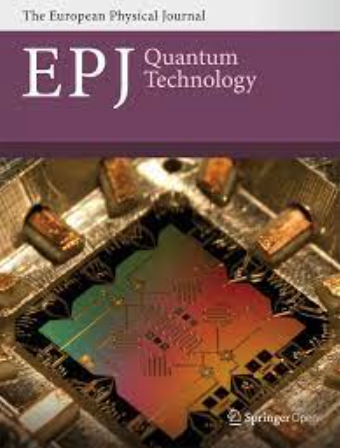AI support meets AR visualization for Alice and Bob: personalized learning based on individual ChatGPT feedback in an AR quantum cryptography experiment for physics lab courses
Abstract
Quantum cryptography is a central topic in the quantum technology field that is particularly important for secure communication. The training of qualified experts in this field is necessary for continuous development. However, the abstract and complex nature of quantum physics makes the topic difficult to understand. Augmented reality (AR) allows otherwise invisible abstract concepts to be visualized and enables interactive learning, offering significant potential for improving quantum physics education in university lab courses. In addition, personalized feedback on challenging concepts can facilitate learning, and large language models (LLMs) like ChatGPT can effectively deliver such feedback. This study combines these two aspects and explores the impact of an AR-based quantum cryptography experiment with integrated ChatGPT-based feedback on university students’ learning outcomes and cognitive processes. The study involved 21 groups (11 Group A; 10 Group B) of students in a physics laboratory course at a German university and used four open-ended questions to measure learning outcomes and gaze data as a learning process assessment. Statistical analysis was used to compare scores between feedback and non-feedback questions, and the effect of ChatGPT feedback on eye-tracking data was examined. The results show that ChatGPT feedback significantly improved learning outcomes and affected gaze data. While the feedback on conceptual questions tended to direct attention to the visualizations of the underlying model, the feedback on questions about experimental procedures increased visual attention to the real experimental materials. Overall, the results show that AI-based feedback draws visual attention towards task-relevant factors and increases learning performance in general.

 求助内容:
求助内容: 应助结果提醒方式:
应助结果提醒方式:


